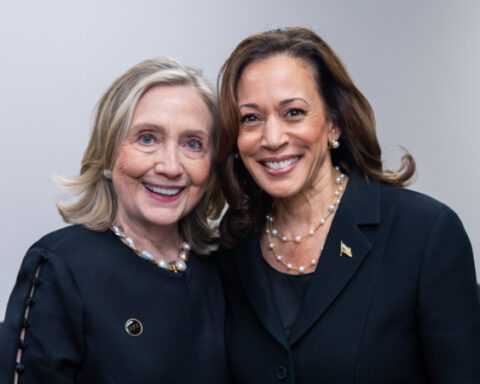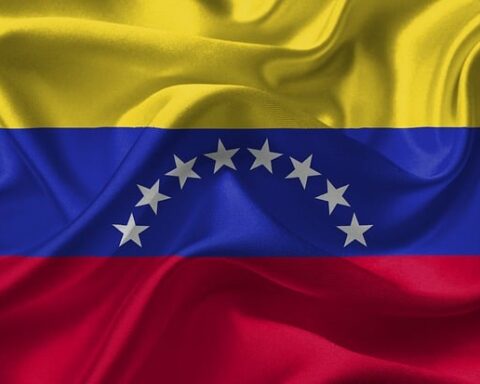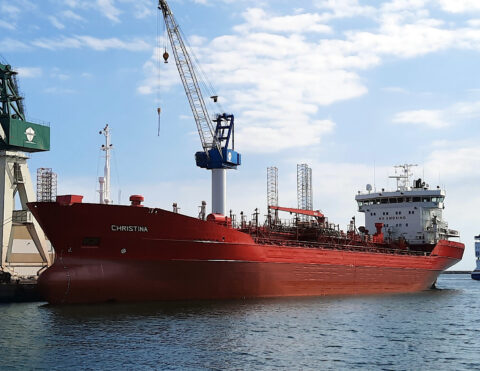South African President Cyril Ramaphosa met with President Trump at the White House on Tuesday, seeking to recalibrate the increasingly fraught relationship between the United States and Africa’s largest economy.
This encounter comes in the wake of significant diplomatic tensions, particularly following Trump’s decision to cut foreign aid to South Africa upon returning to office earlier this year.
Since his inauguration, Trump has made controversial statements regarding South Africa, claiming that white farmers are victims of a genocide.
In a move that has drawn criticism, he invited Afrikaners—descendants of Dutch and German settlers who speak Afrikaans—to seek refuge in the United States, facilitating their fast-track citizenship.
This month, the first group of several dozen Afrikaners arrived for resettlement, further complicating the narrative surrounding South Africa’s social landscape.
Ramaphosa, a key figure in the dismantling of apartheid and the establishment of a supposedly democratic South Africa in the 1990s, aims to counter what he describes as misinformation regarding the realities in his country.
While South Africa grapples with high levels of violence, statistics reveal that Black citizens are murdered at disproportionately higher rates than their white counterparts.
This stark reality challenges the portrayal of the nation that has emerged from Trump’s remarks.
The meeting also addressed South Africa’s stance on Israel, which has been a point of contention.
The South African government has accused Israel of committing genocide amid its military actions in Gaza, a claim that Ramaphosa brought before the International Court of Justice in December 2023. Trump has cited this as a rationale for severing aid to South Africa, further complicating diplomatic relations.
In a recent statement, Ramaphosa’s spokesman acknowledged the humanitarian crisis in Gaza, aligning with concerns expressed by Trump.
“We share President Trump’s recently expressed concerns about the humanitarian crisis unfolding in Gaza,” he noted, indicating a willingness to find common ground.
Tensions escalated further when the U.S. expelled South Africa’s ambassador, branding him “persona non grata” due to his anti-Trump sentiments.
Secretary of State Marco Rubio also declined to attend a G-20 foreign ministers meeting in South Africa, citing the government’s perceived anti-Americanism.
Trump has announced he will not participate in a forthcoming meeting of heads of state in South Africa, reflecting ongoing diplomatic strains.
In April, Trump imposed a 30% “reciprocal” tariff on South Africa, a decision he later paused for 90 days.
During their meeting, Ramaphosa expressed a desire to explore avenues for improving trade relations, specifically in energy, healthcare, and automotive sectors.
Notably, billionaire adviser Elon Musk, who hails from South Africa, is expected to be present at the bilateral discussions, potentially influencing the dialogue between the two leaders.
As both nations navigate this complex relationship, Ramaphosa’s visit underscores the urgent need for a reset in U.S.-South Africa relations amidst a backdrop of historical and contemporary challenges.
[READ MORE: Venezeula Frees U.S. Air Force Vet]









